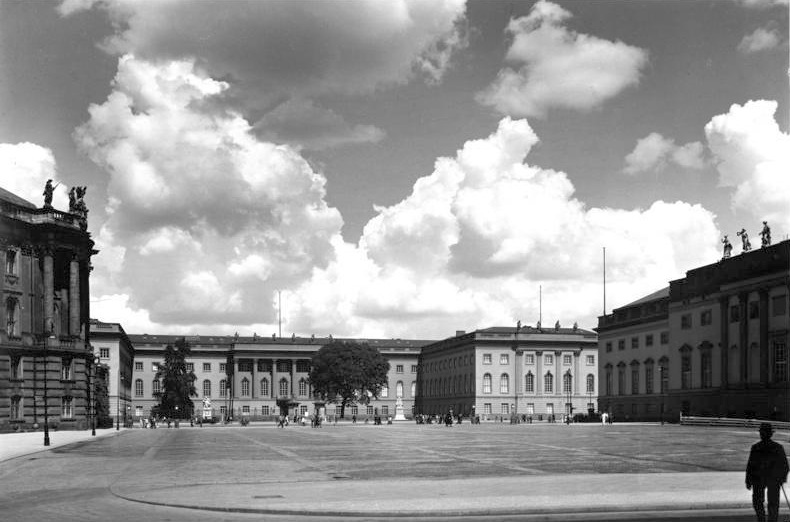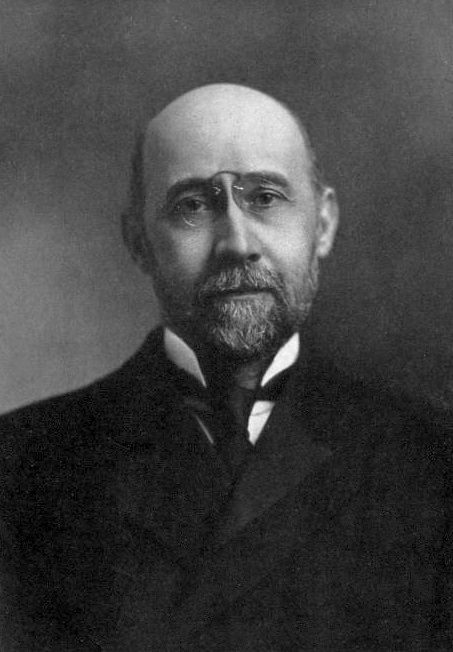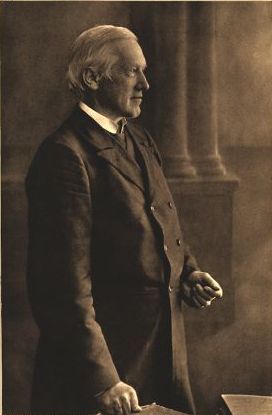Cherniss, Harold F. 1904-1987
Enlarge text Shrink text- His The Platonism of Gregory of Nyssa, 1930.
- NUCMC data from LC Manus. Div. for Oppenheimer, J.R. Papers, 1927-67(Harold Cherniss)
- New York Times, 7/12/87(Harold F. Cherniss, expert in Greek philosophy, prof. emeritus at Institute for Advanced Study, Princeton, N.J., d. 6/18/87, 83 yrs. old; survived by his wife, the former Ruth Meyer)
- NUCMC data from Mass. Inst. of Technology Archives for J. Robert Oppernheimer oral hist. coll, 1975-76(Harold F. Cherniss)
Harold Fredrik Cherniss (11 March 1904 – 18 June 1987) was an American classicist and historian of ancient philosophy. While at the Institute for Advanced Study in Princeton, he was said to be "the country's foremost expert on Plato and Aristotle." According to Leonardo Tarán, Cherniss's "greatest contribution to scholarship is doubtless his two books on Aristotle, supplemented by The Riddle of the Early Academy ... his published works on Plato, Aristotle, and the Academy are among the very few publications that revolutionized the field... His significance was recognized all over the world not only by classicists and philosophers but by the learned societies of which he was a member and the various universities that awarded him honorary degrees." Cherniss's scholarship continues to shape the study of ancient Greek philosophy in several significant ways (see Work below): Cherniss is remembered as a champion of Platonic unitarianism, the contention that Plato's dialogues present a single, consistent and unchanging philosophical system. Cherniss "revolutionized the study of Presocratic philosophy" and stimulated revisionist histories of the earliest beginnings of European thought by showing that Aristotle's extensive reports were often unreliable and distorted by his own polemical aims. Cherniss attacked Aristotle's claims that Plato had esoteric "unwritten doctrines" and developed a mathematical ontology based on two opposing principles. This esoteric interpretation of Plato was later resurrected by the so-called Tübingen School, which was denounced in an influential review by Gregory Vlastos that repeatedly cited Cherniss. The skepticism of Cherniss and Vlastos towards the esoteric Plato remains dominant among English-speaking scholars, and contributed to the continuing split with much European Plato scholarship. Cherniss mocked other scholars' fanciful and aggrandizing reconstructions of the supposed lectures and the curriculum within Plato's Academy, and created an enduring restraint in scholarly images of the early Academy. Before and after World War II, various circumstances intertwined the careers of Cherniss and his friend Robert Oppenheimer, the director of the Manhattan Project that developed the atom bombs dropped on Hiroshima and Nagasaki. Oppenheimer was later suspected of being a Soviet spy and lost his security clearance in the ensuing national scandal. Cherniss played a key role in helping Oppenheimer keep his job as director of the Institute for Advanced Study.
Read more on Wikipedia >
 Personality
Personality















